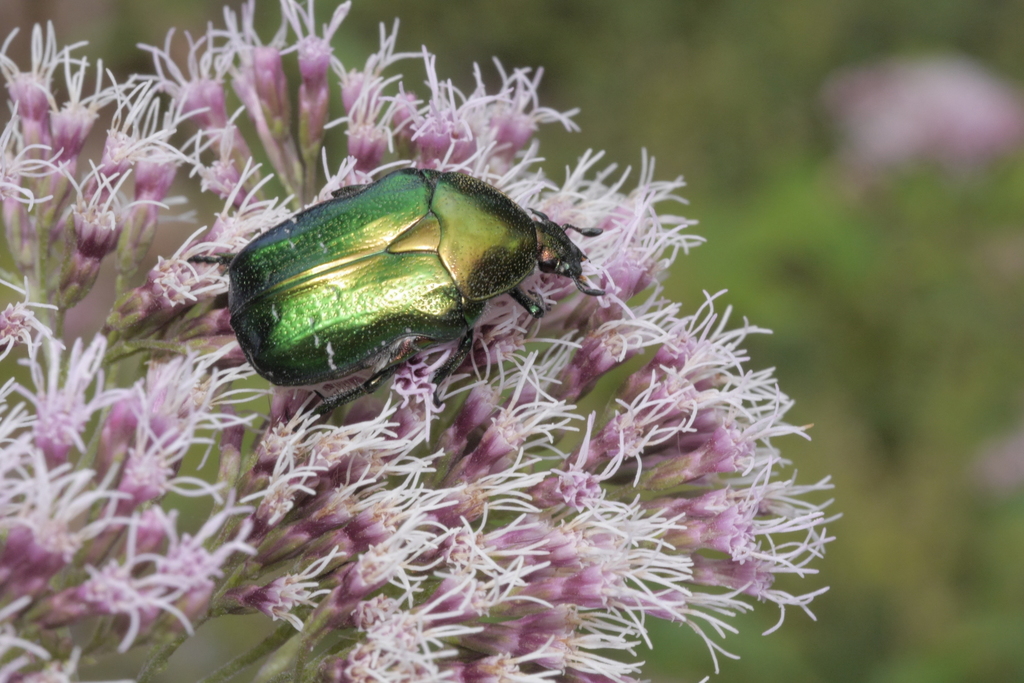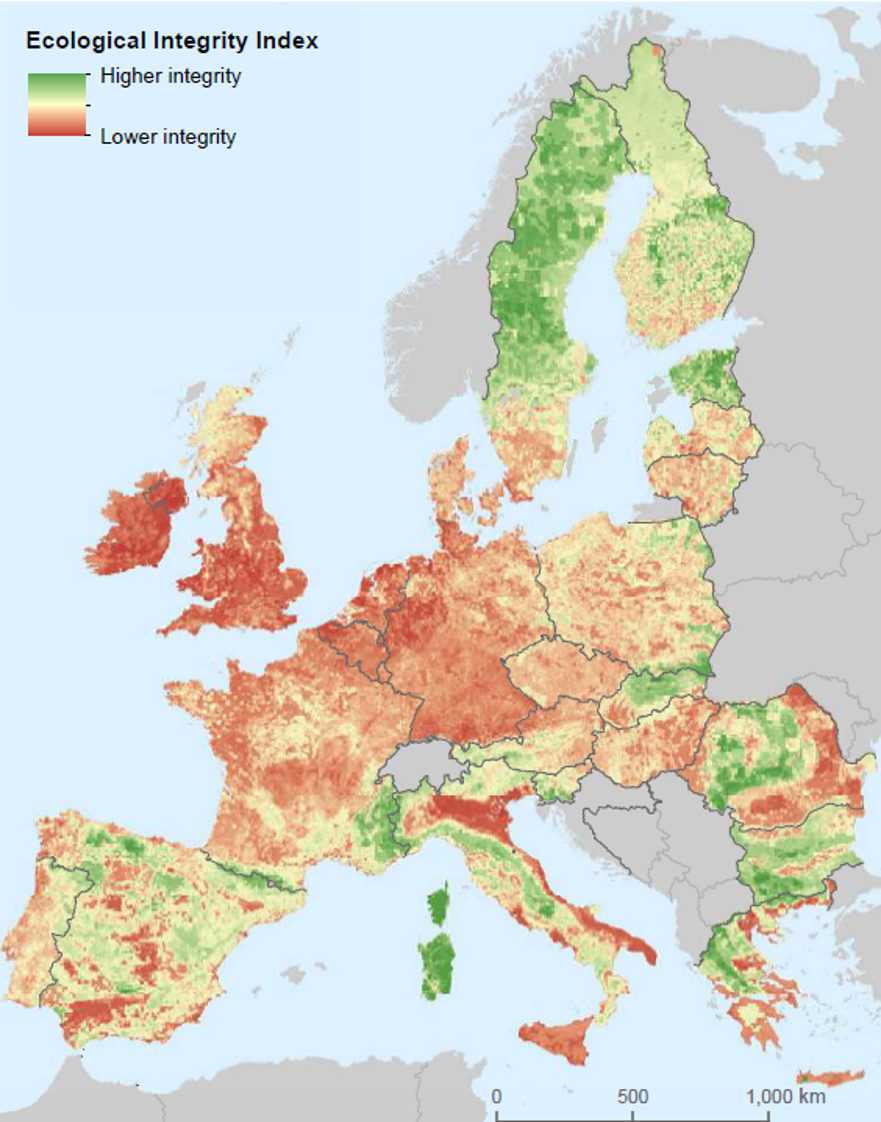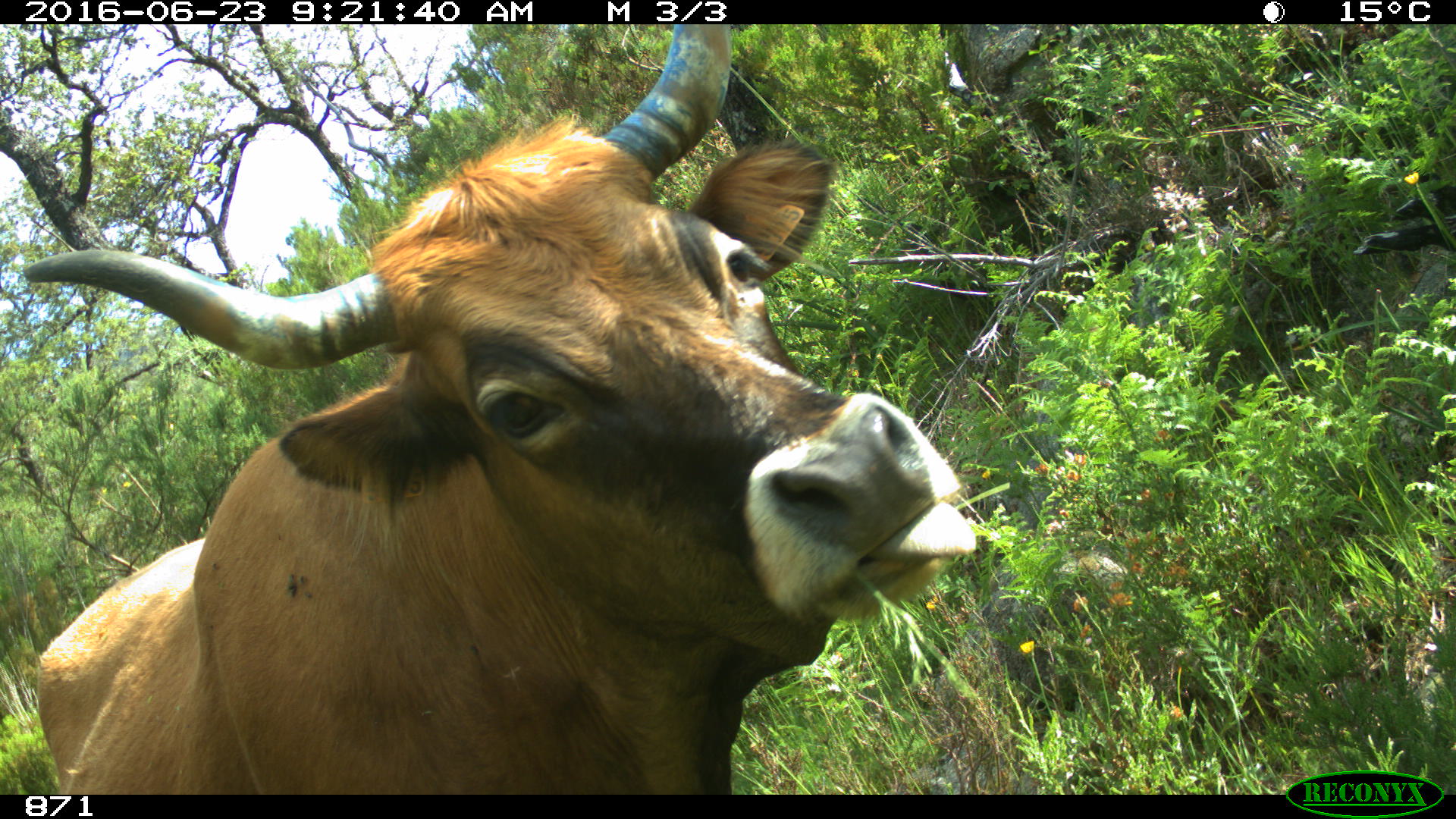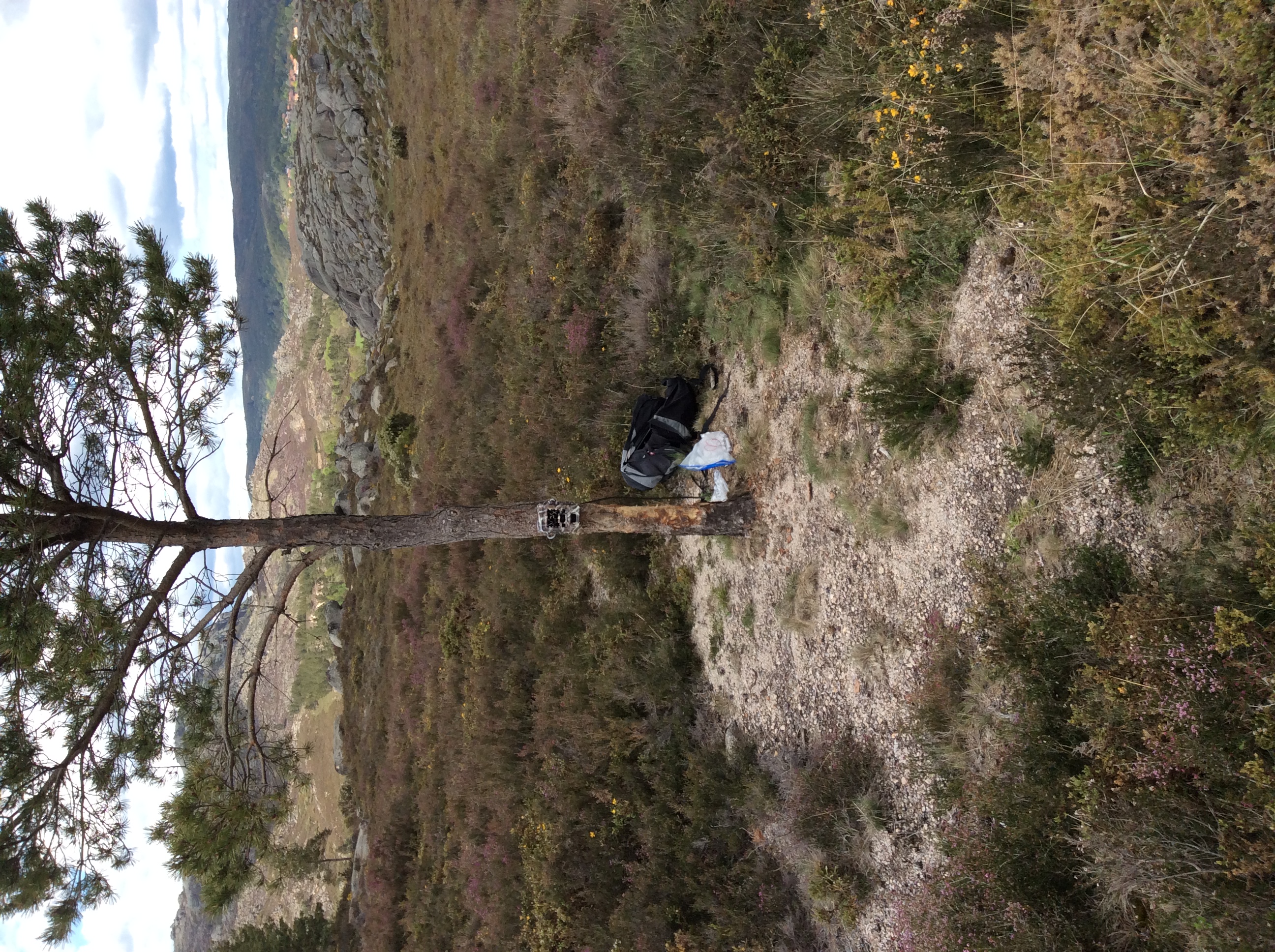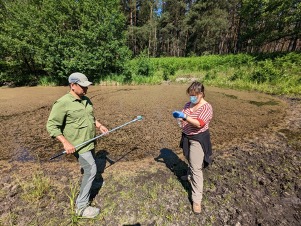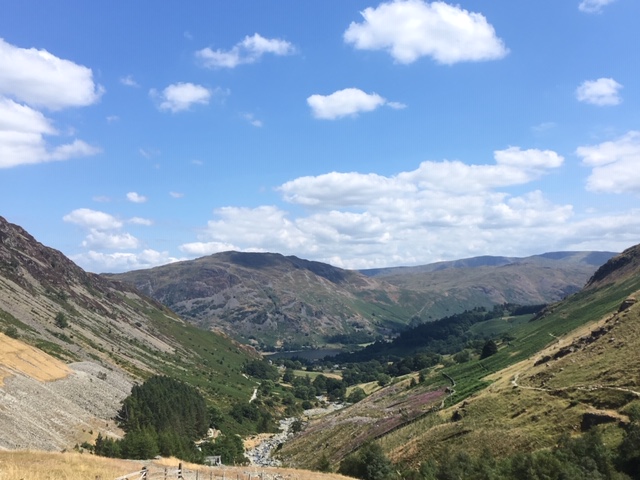Nachfolgend finden Sie eine Auflistung der laufenden und abgeschlossenen Forschungsprojekte mit einer englischen Beschreibung
Laufende Projects
Urban Biodiversity: Assessing Arthropod Communities Across Urban Gradients using novel molecular methods
European Topic Centre Biodiversity and Ecosystems (ETC-BE)
NaturaConnect
EuropaBON
wildE – Climate Smart Rewilding
Biodiversity Building Blocks for Policy (B-Cubed)
Assessing Livestock-Wildlife Interactions in Depopulated and Abandoned Landscapes: Ecological Impacts and Conservation Implications
Long-term monitoring in the Peneda-Gerês National Park
Monitoring Rewilding with eDNA metabarcoding
Vergangene Projekte
Tropical Andes Observatory (TAO)
OptimCS
The aesthetical value of birds – assessing a sociocultural ecosystem service
What is the socioeconomic value of landscape management
